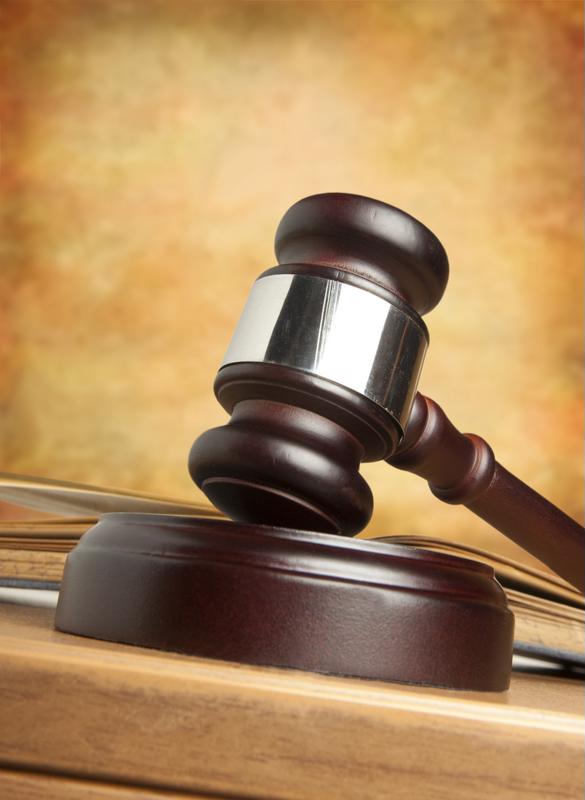Pfizer Securities Class Action
Global pharmaceutical giant Pfizer, Inc. announced Tuesday, Jan. 27 that it has reached a preliminary securities class action settlement, which would involve the firm paying $400 million to resolve a shareholder lawsuit before it went to trial.
The agreement, which still must obtain the approval of a federal judge in Manhattan, would involve Pfizer paying this sum to resolve allegations that misleading marketing statements were made, according to Reuters. The company announced the agreement-in-principle along with its fourth-quarter results, shortly before the jury trial was scheduled to begin on Feb. 10.
Securities class action suit
An inquiry into Pfizer’s off-label marketing practices helped spur the lawsuit, Law360 reported. Authorities looked into claims the company was providing improper rewards to physicians. In September 2009, the company pled guilty to marketing anti-inflammatory drug Bextra for off-label uses as part of a $2.3 billion settlement.

In 2010, Pfizer shareholders filed a securities class action lawsuit in federal court, claiming that between 2006 and 2009, the global pharmaceutical giant marketed four drugs on an off-label basis, providing kickbacks to physicians to advocate the treatments and also making misleading statements about these practices to shareholders, according to the news source. The pharmaceutical drugs included painkiller Bextra, epilepsy treatment Lyrica, antipsychotic Geodon and antibiotic Zyvox.
The most recent amended securities class action, which was filed in federal court in April 2011, named a purported class containing shareholders who bought company securities between Jan. 19, 2006, and Jan. 23, 2009, the media outlet reported. In March 2012, U.S. District Judge Alvin Hellerstin granted the suit class action status and appointed Robbins Geller Rudman & Dowd as class counsel.
Falling shares
According to the lawsuit, the company’s executives made statements about the organization’s sales practices and financial performance that pushed Pfizer stock higher, The Wall Street Journal reported. However, when the global pharmaceutical giant revealed it would pay $2.3 billion to resolve criminal and civil inquiries surrounding marketing activities that were allegedly illegal, company shares plunged.
On Sept. 2, 2009, the Department of Justice officially announced the $2.3 billion agreement, the largest health care fraud settlement in history. The announcement named Pfizer, as well as subsidiary Pharmacia & Upjohn Company Inc.
Settlement agreement
In a statement that a Pfizer spokeswoman sent to The WSJ, the company denied wrongdoing.
“An inquiry into Pfizer’s off-label marketing practices helped spur the lawsuit.”
“Pfizer continues to believe that the company’s disclosures at issue in this matter were appropriate and prepared in good faith,” the statement said, according to the news source. “This resolution reflects a desire by the company to avoid the distraction of continued litigation and focus on the needs of patients and prescribers.”
Last year, Pfizer managed to get a separate securities class action dismissed by a different federal judge, who refused to include the damages expert that investors want to involve in the lawsuit, Reuters reported. The global pharmaceutical giant had sought to prevent jurors from hearing the plaintiffs’ damages expert this time around, who had stated that the misstatements and omissions made by the defendants pushed the company shares to $1.26 apiece. Before reaching the settlement agreement, the parties spent months disputing which evidence the sides could present in a jury trial, according to Law360.
